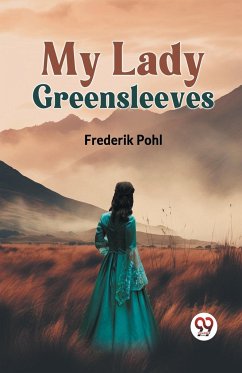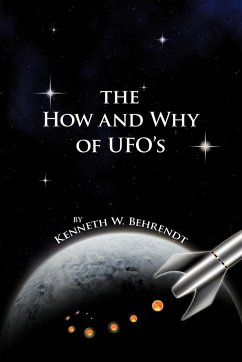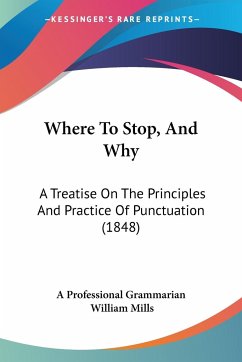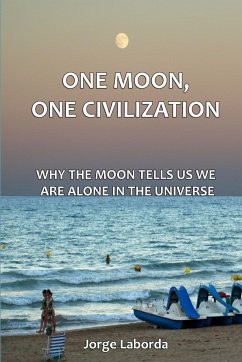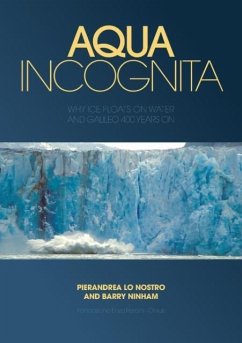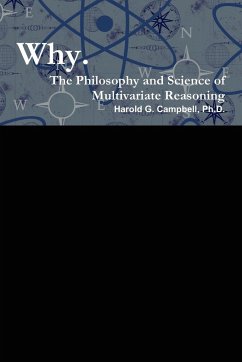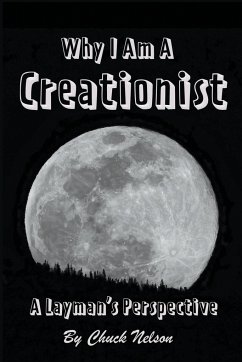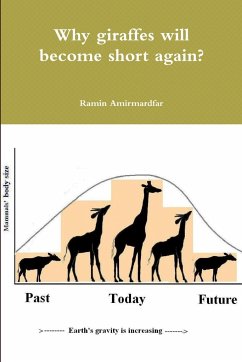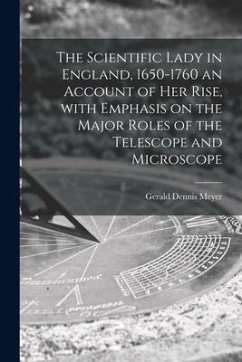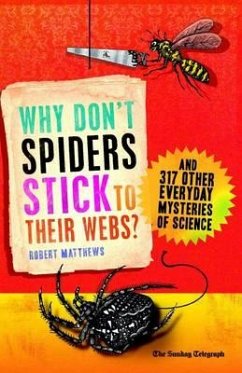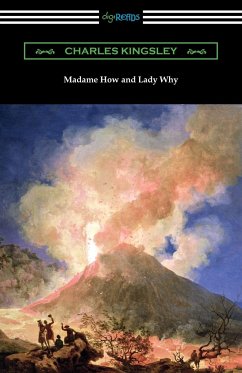
Madame How and Lady Why

PAYBACK Punkte
6 °P sammeln!
First published in 1869, "Madame How and Lady Why" is a classic children's science book by English priest, professor, historian, and author Charles Kingsley. He was most well-known during his lifetime for his efforts on behalf of Christian socialism and advocacy for reforms for England's working poor. Kingsley was also a noted children's author and his book "The Water-Babies" endures as a beloved and magical adventure tale. In "Madame How and Lady Why", Kingsley introduces young audiences to earth sciences with clever and engaging tales of how ecosystems function, how elements and minerals are...
First published in 1869, "Madame How and Lady Why" is a classic children's science book by English priest, professor, historian, and author Charles Kingsley. He was most well-known during his lifetime for his efforts on behalf of Christian socialism and advocacy for reforms for England's working poor. Kingsley was also a noted children's author and his book "The Water-Babies" endures as a beloved and magical adventure tale. In "Madame How and Lady Why", Kingsley introduces young audiences to earth sciences with clever and engaging tales of how ecosystems function, how elements and minerals are used and changed by natural processes, and how the many physical landmarks we take for granted are formed in fascinating and dramatic ways. Kingsley makes the physical world come alive and writes as if the plants, rocks, and minerals, are characters in a story and have feelings and secrets of their own. A wonderful book for home-school studies and for introducing young children to the scientific processes behind our everyday natural environments, "Madame How and Lady Why" remains an entertaining and educational addition to every home library. This edition is printed on premium acid-free paper.





